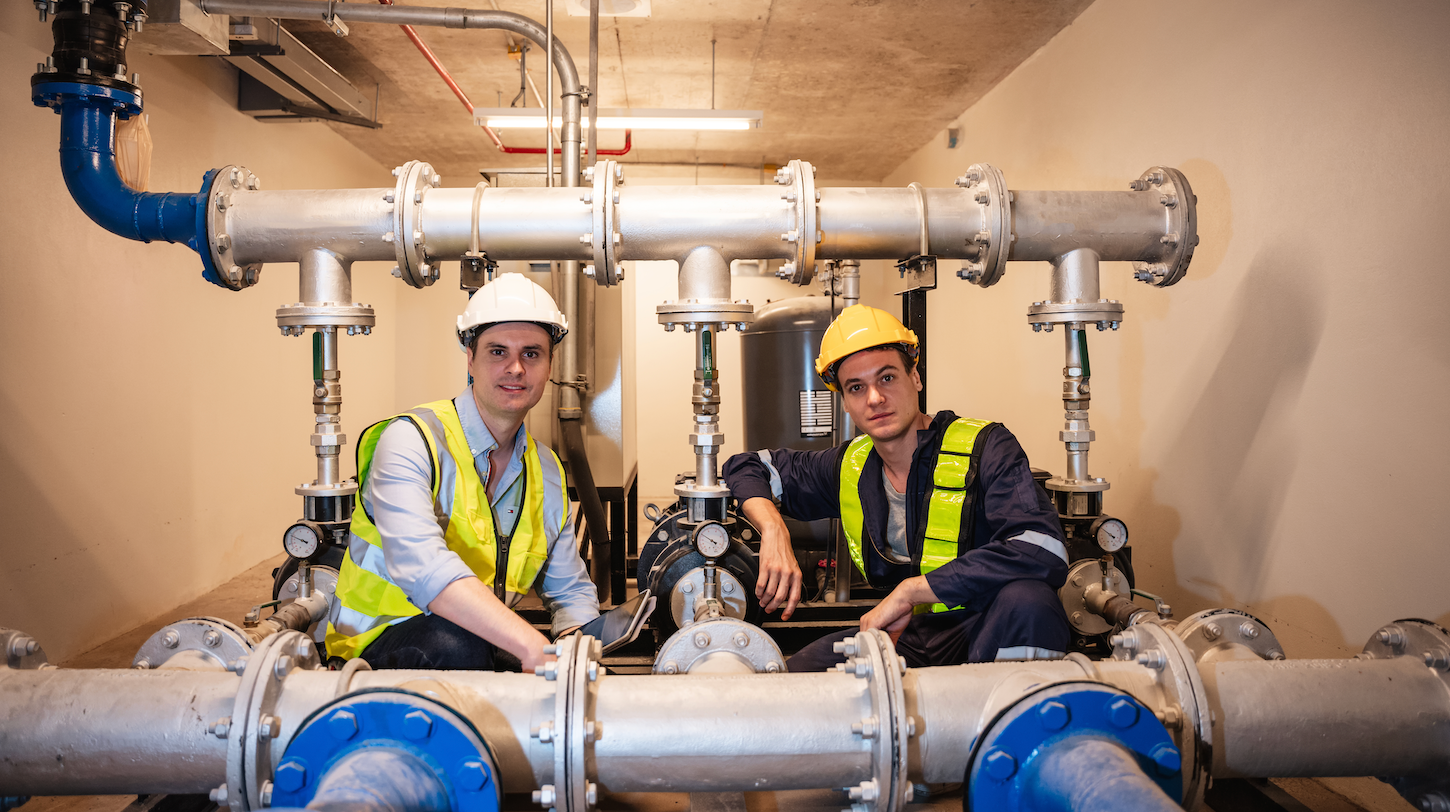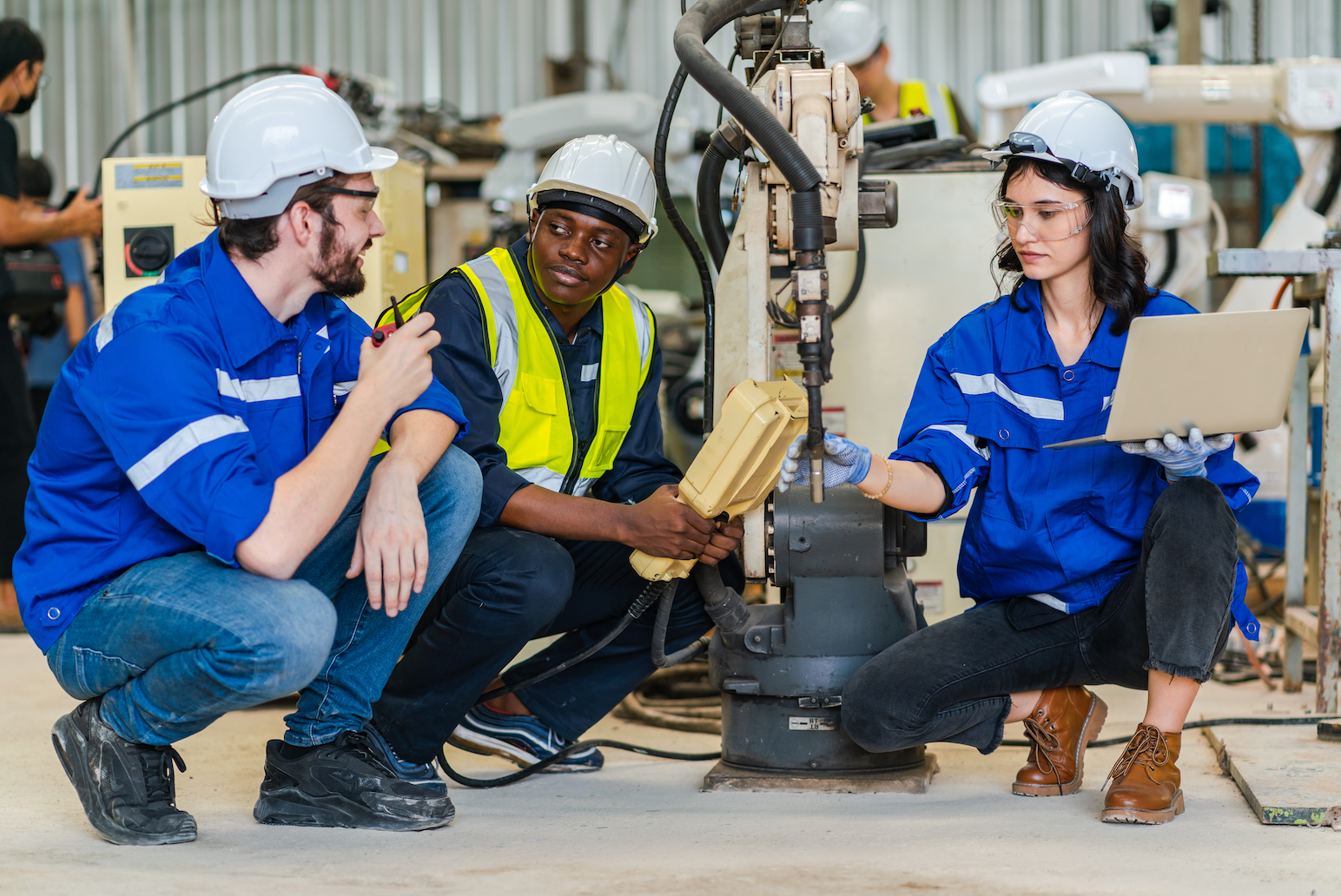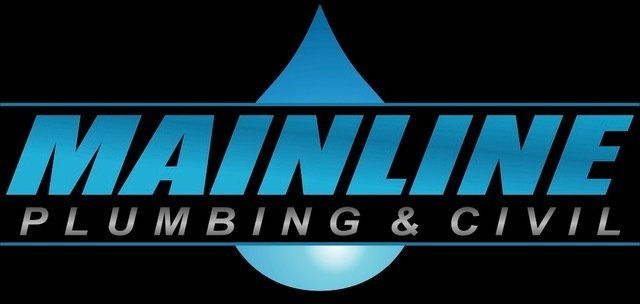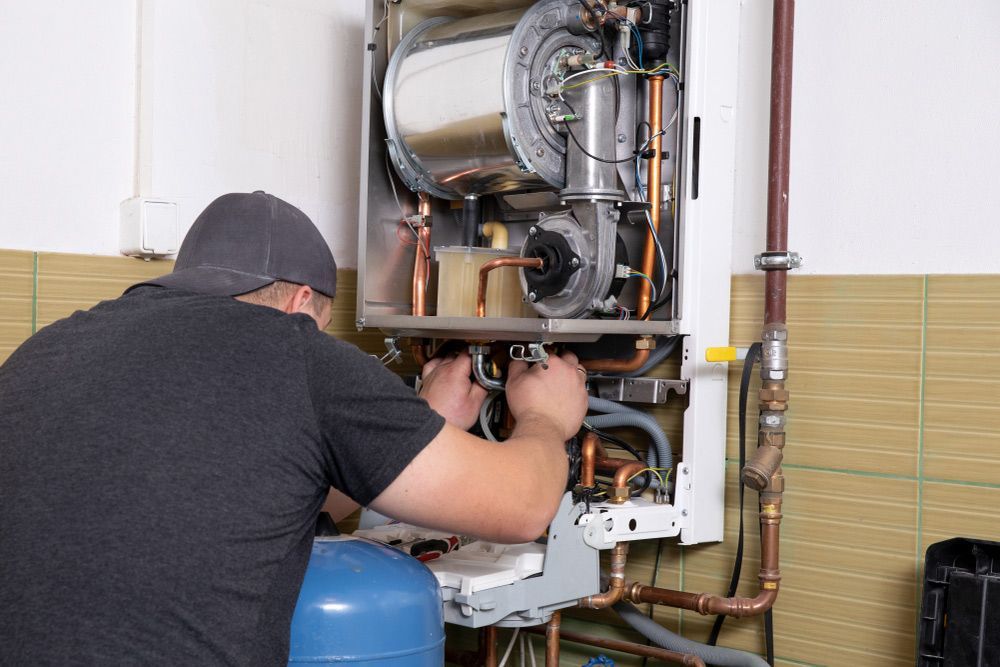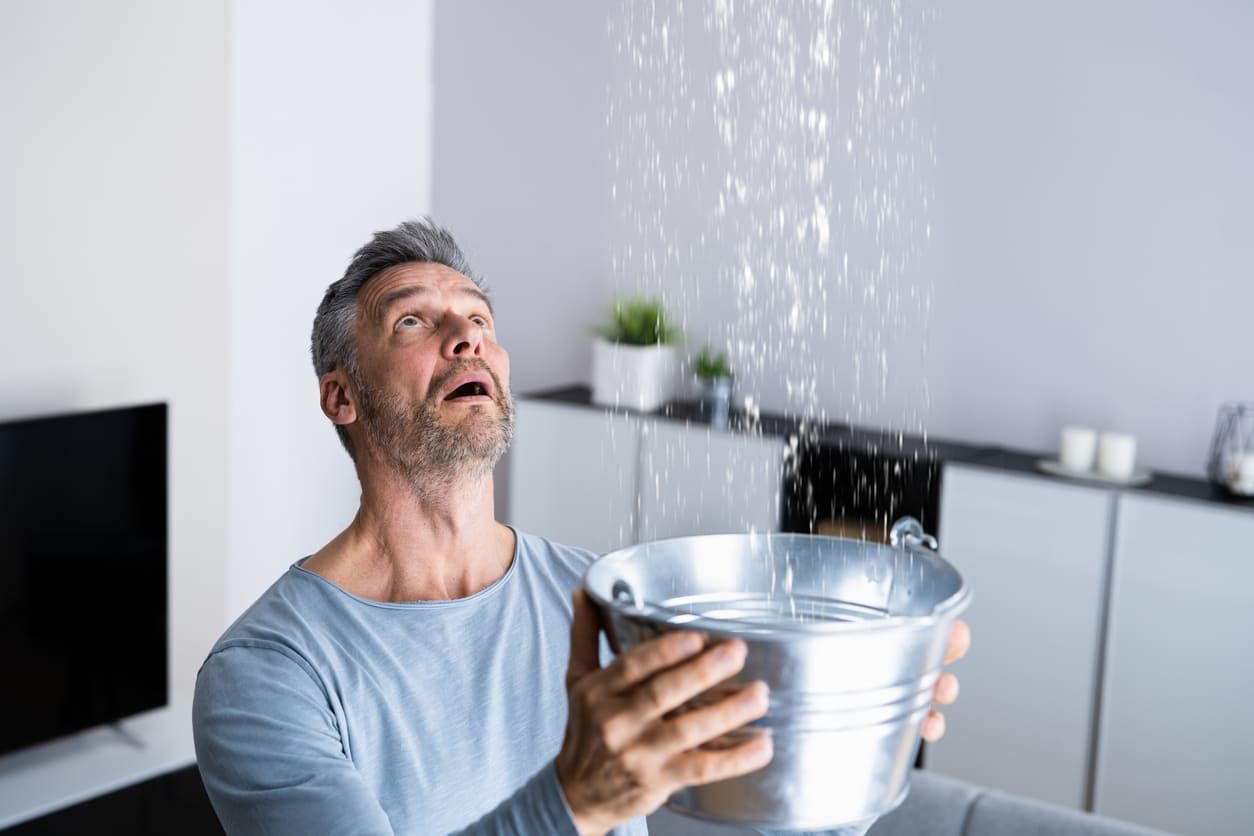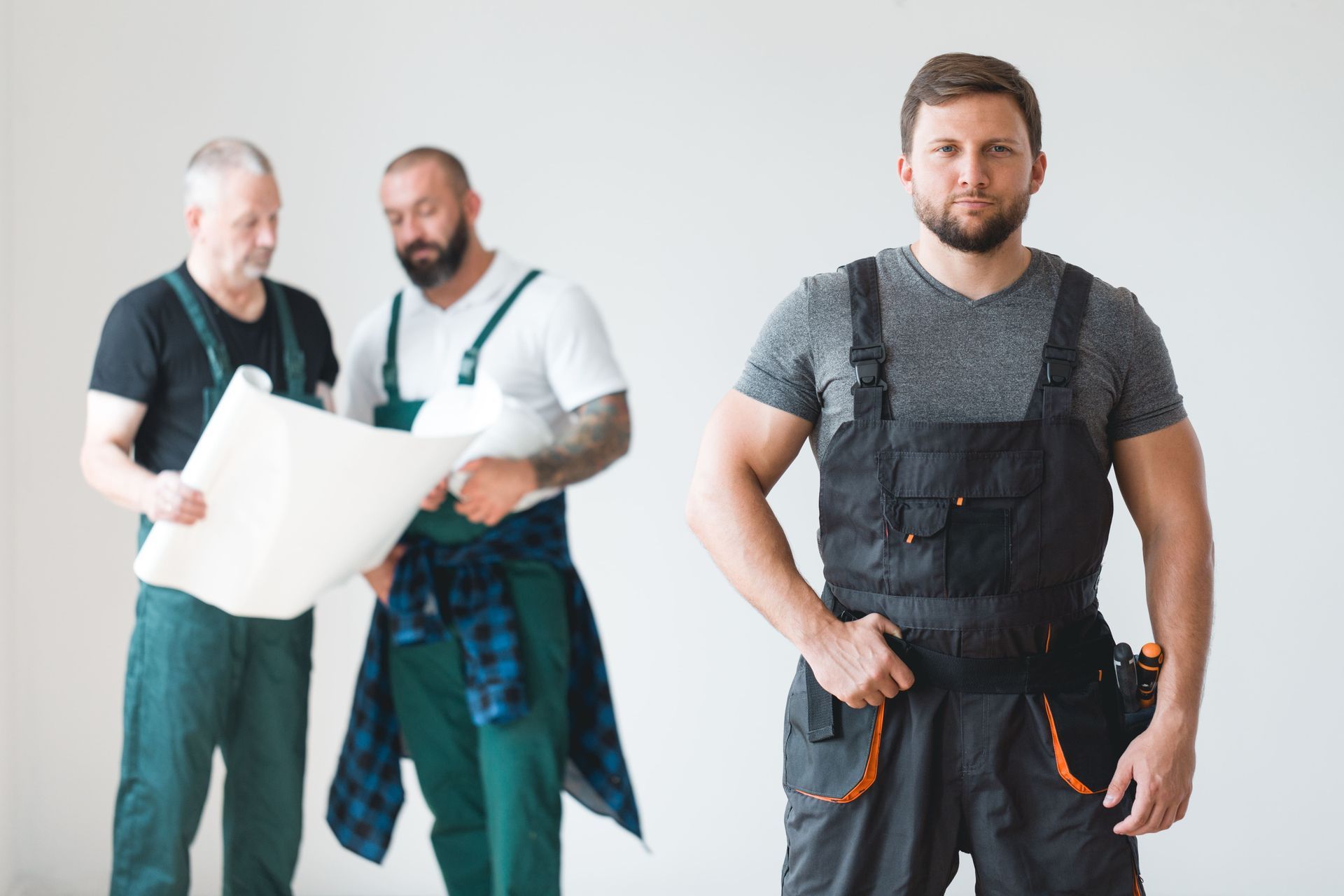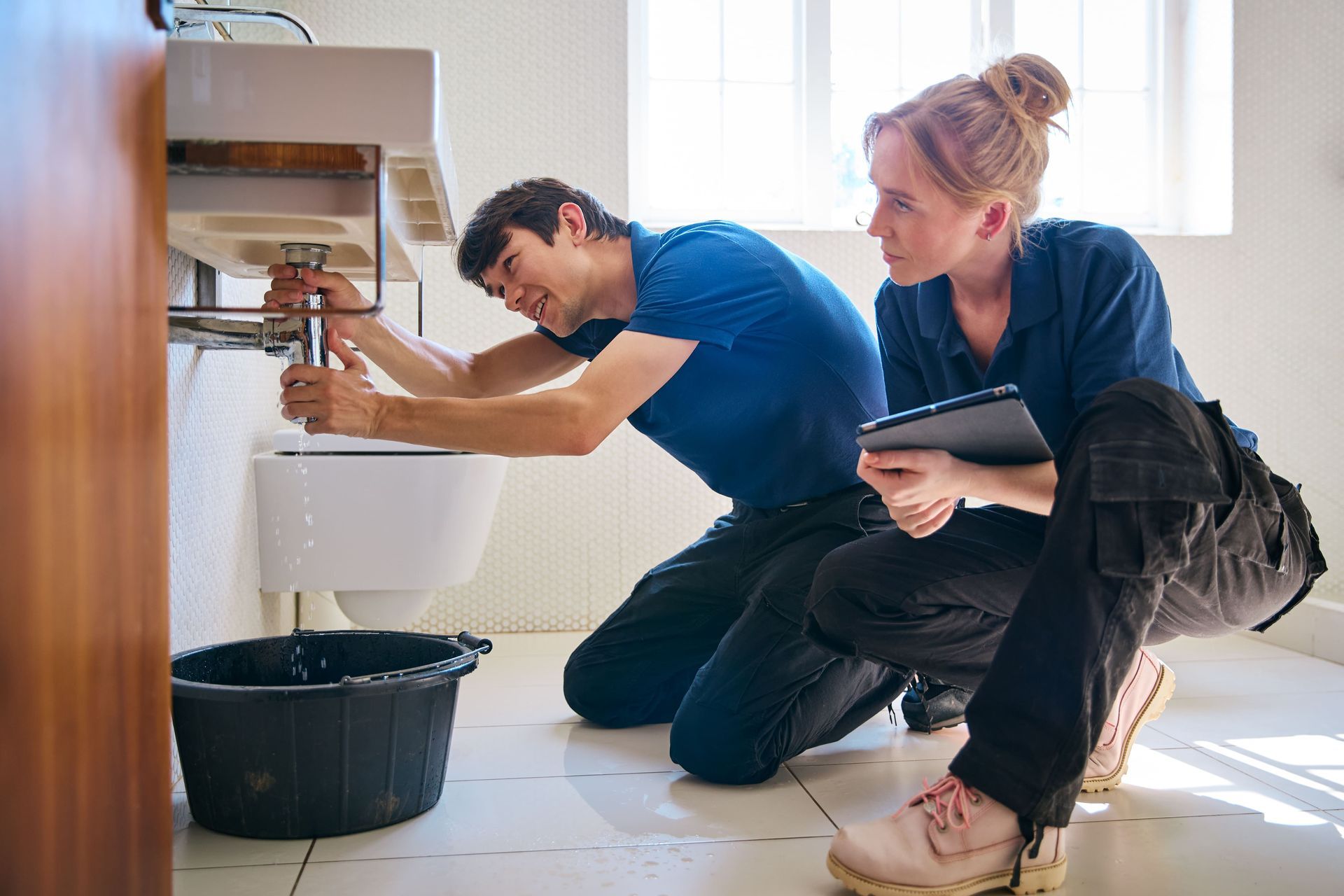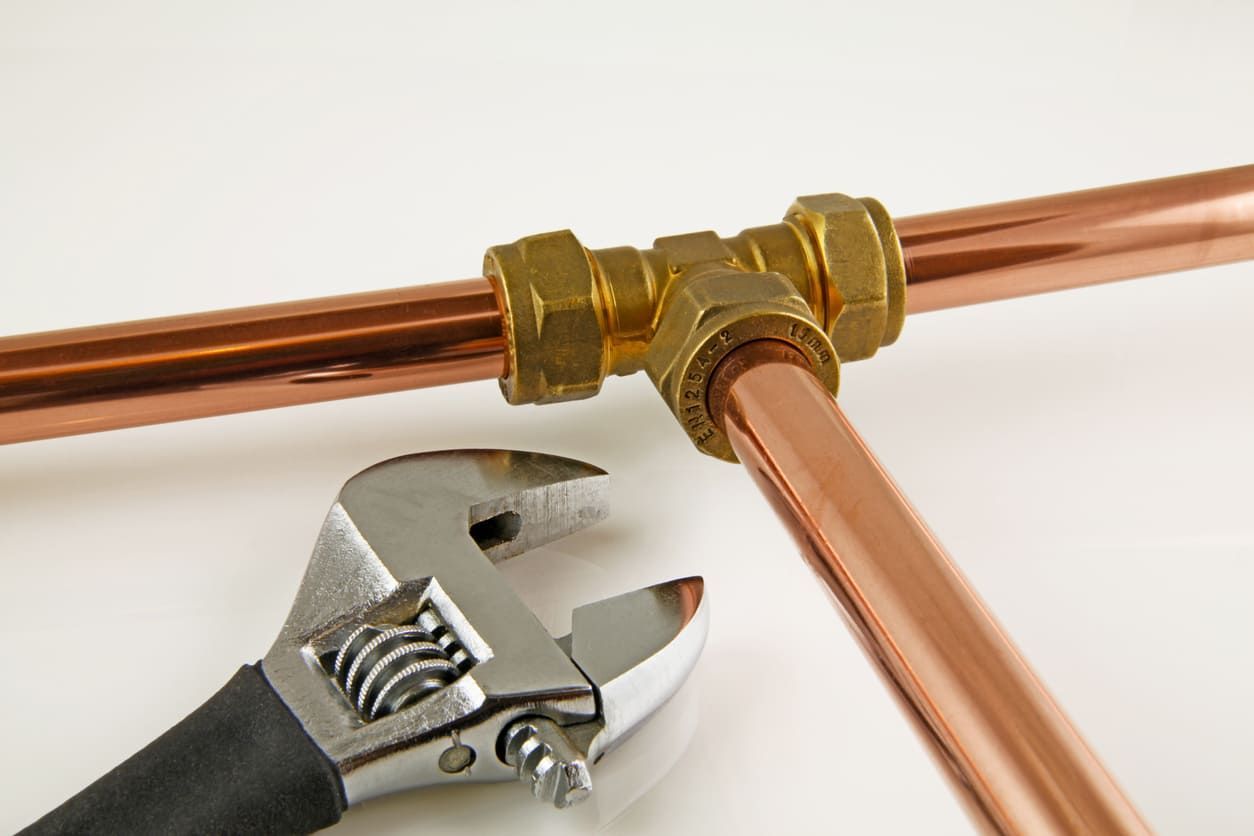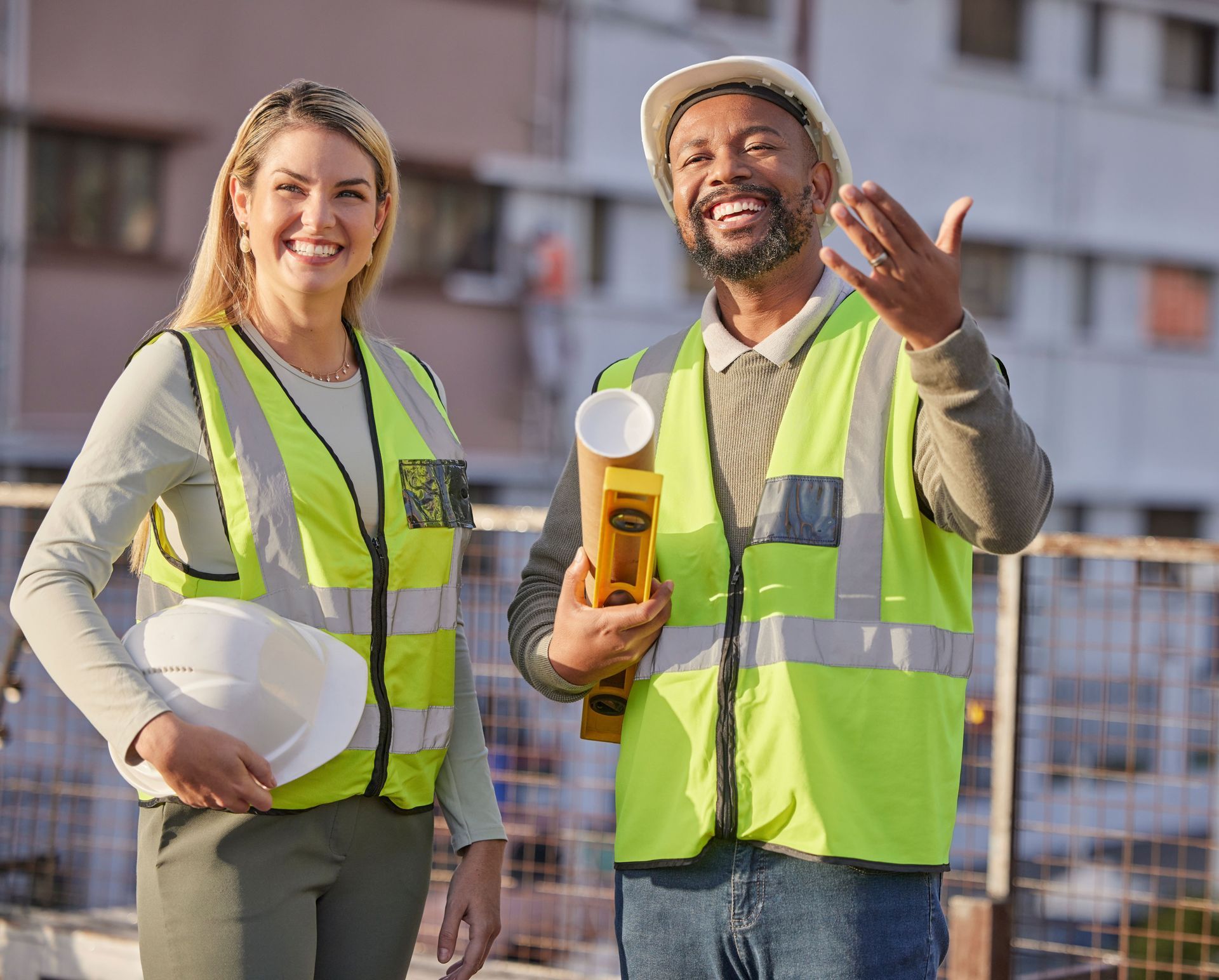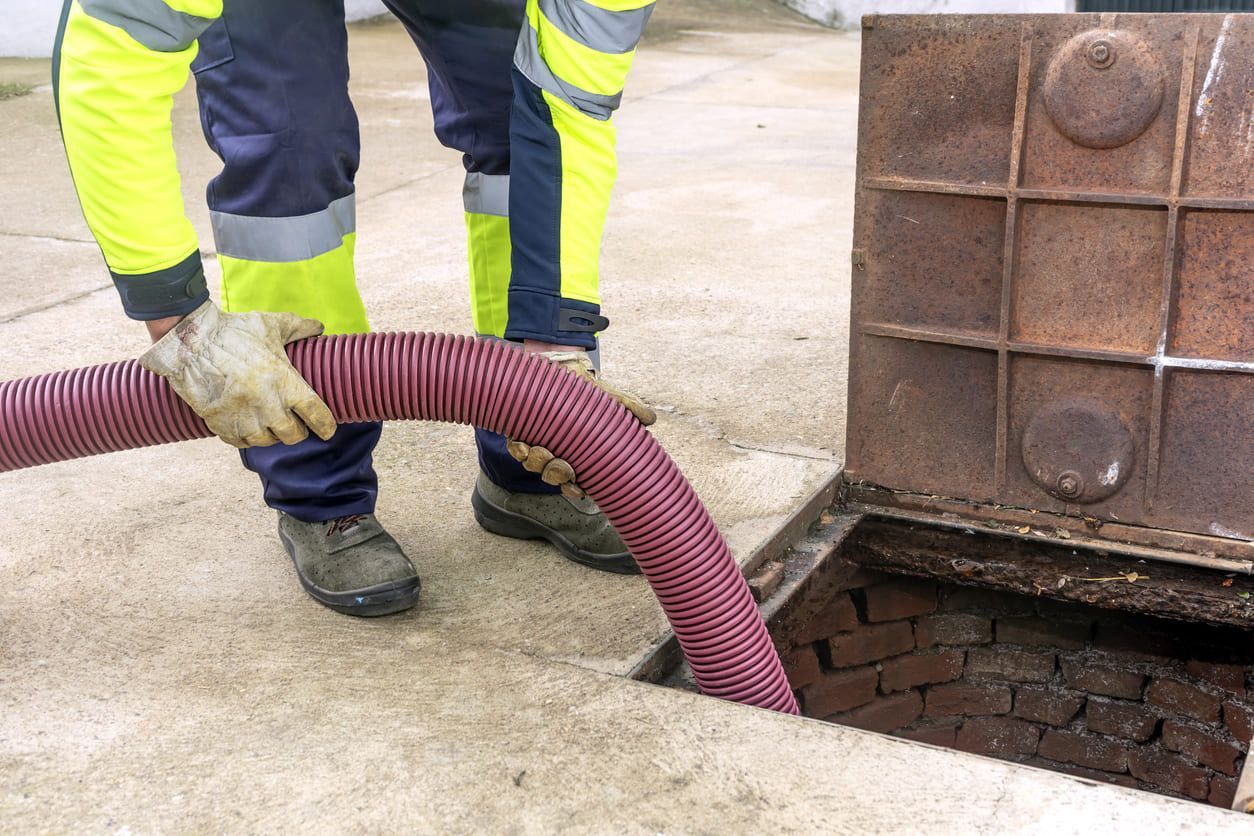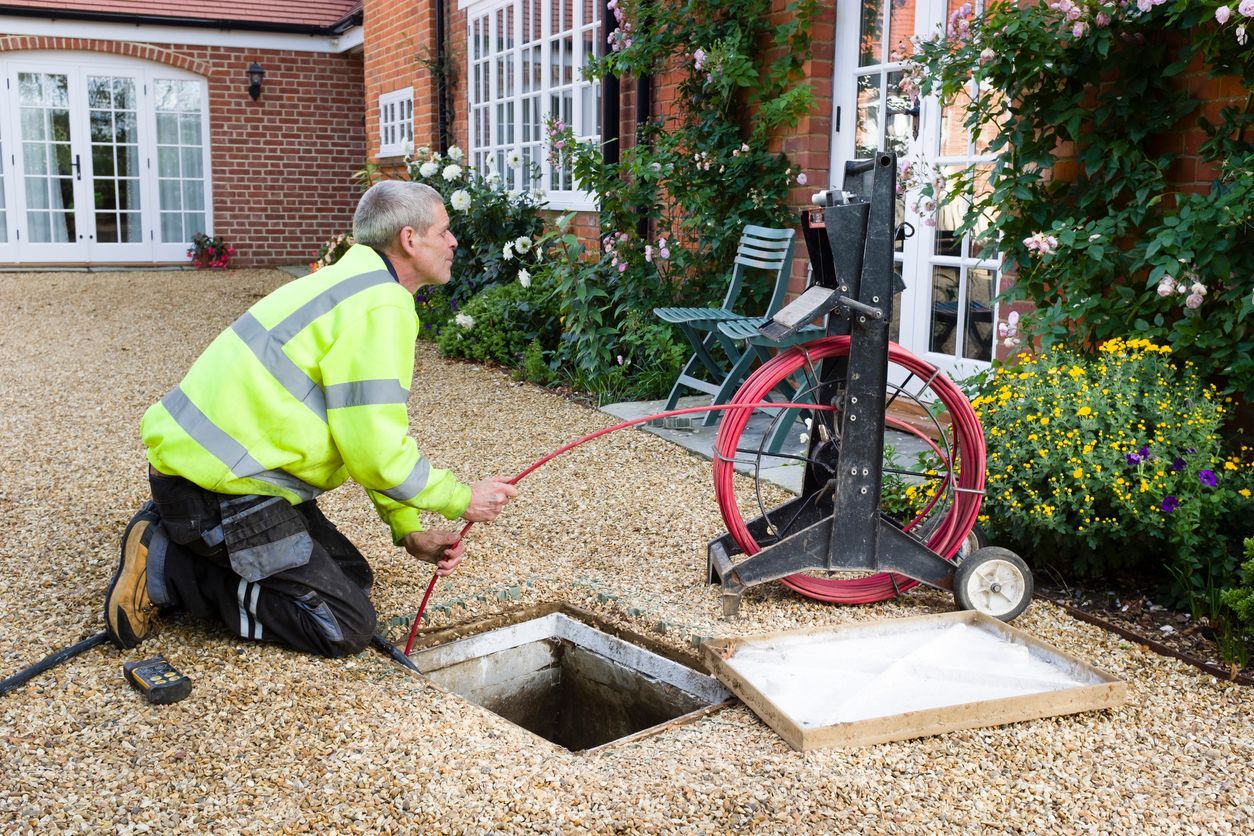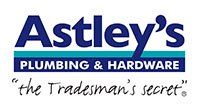How To Spot A Gas Leak: Signs & What To Do To Stay Safe
Gas is a convenient and essential part of many homes and commercial properties, powering everything from heaters and stovetops to hot water systems. But when something goes wrong, a gas leak isn’t just an inconvenience—it’s a serious safety hazard. Recognising the signs of a gas leak and responding quickly can prevent property damage, health issues, and even life-threatening situations. Whether you’re a homeowner, tenant, property manager, or business operator, understanding what to look out for and when to call a professional gas fitter is critical.
Let’s explore the warning signs of gas leaks, where they commonly occur, how gas fitters can help, and what steps to take to protect your property and those within it.
1. Recognising the Common Signs of a Gas Leak
Knowing what a gas leak looks, smells, or feels like is the first step in staying safe. Natural gas is typically odourless, but suppliers add a distinctive smell—often compared to rotten eggs—to help people detect leaks more easily.
Some key signs to watch out for include:
- Unusual odours: A strong sulphur or rotten egg smell around gas appliances or pipes.
- Hissing sounds: Gas escaping from a pipe or fitting may produce a high-pitched hissing noise.
- Physical symptoms: Headaches, dizziness, fatigue, or nausea could be caused by inhaling leaking gas.
- Dead plants or discoloured grass: Unexplained vegetation damage near buried gas lines.
- Sudden condensation: Excess moisture on windows near a gas appliance could signal incomplete combustion.
Noticing one or more of these signs should prompt immediate action, especially before using any electrical devices or open flames.
2. Where Gas Leaks Commonly Occur Around the Property
Gas leaks can originate from various areas, and knowing where these weak points are can make it easier to stay vigilant. Both residential and commercial properties are at risk, particularly if gas appliances or infrastructure are aging or poorly maintained.
Frequent locations for gas leaks include:
- Kitchen gas appliances: Leaks can form around stovetop connections, regulators, or oven seals.
- Hot water systems: Over time, valves or pipes connected to gas water heaters can wear down.
- Heaters: Especially older models or portable units with flexible hose fittings.
- External gas lines: Underground pipes may leak due to soil movement, tree root intrusion, or corrosion.
- Barbecues & outdoor gas setups: These can be vulnerable to damage from weather and usage wear.
Only a licensed gas fitter should inspect or service these systems to confirm whether a leak exists.
3. Immediate Actions to Take if You Suspect a Gas Leak
If you suspect a gas leak, safety is always the priority. Taking the right steps quickly can prevent ignition, explosion, or serious health effects.
Here’s what you should do immediately:
- Evacuate the area: Get everyone outside and into fresh air.
- Do not use electrical devices: Lights, appliances, or phones inside the premises.
- Switch off the gas: If it’s safe, turn off the main gas supply at the meter.
- Ventilate the space: Open doors and windows to allow gas to disperse.
- Call an emergency gas fitter: Contact a licensed professional who offers 24/7 services to attend to and assess the leak.
Avoid returning to the premises until given the all-clear by a qualified gas technician.
4. How Professional Gas Fitters Detect Leaks You Can’t See
While you might notice obvious signs, many gas leaks remain hidden or undetectable without specialised tools. This is where a qualified gas fitter becomes invaluable. Using advanced detection techniques, they can pinpoint the exact source of a leak and determine the safest course of action.
Professional gas detection methods include:
- Electronic gas sniffers: Handheld devices that sense small amounts of gas in the air.
- Pressure testing: Identifies drops in pressure within the gas system, suggesting leaks.
- Soapy water testing: A simple but effective way to detect bubbles forming around joints and fittings.
- Pipe tracing: Locates underground gas pipes to ensure no unnoticed leaks in concealed areas.
Only a licensed gas fitter can legally perform repairs, replacements, and testing to Australian safety standards.
5. The Role of Routine Gas Maintenance in Preventing Leaks
Preventing gas leaks is always preferable to responding to one. Regular maintenance by a licensed gas fitter helps to identify worn parts, faulty seals, or corrosion before they become dangerous. This is particularly important in older properties or high-use commercial environments.
Routine maintenance should include:
- Annual appliance checks: Ensure all gas-powered units are operating efficiently and safely.
- Inspect pipework & connections: Especially at joints, valves, and underground installations.
- Assessment of ventilation & carbon monoxide risks: Some leaks may not emit a strong odour but can still be harmful.
- Upgrades of deteriorating components: Replace hoses, regulators, and valves as needed.
Preventive servicing is essential for compliance, especially for landlords and business operators.
6. Why Gas Leaks Require 24/7 Emergency Response
Gas leaks don’t wait for business hours. That’s why 24/7 emergency plumbing and gas fitting services are so vital. A leak discovered at night or on a weekend needs immediate attention from trained professionals.
Emergency gas services can:
- Respond rapidly to callouts anytime: Day or night, weekday or weekend.
- Locate & isolate leaks: Preventing further damage or risk.
- Restore safe operation of essential services: Gas, hot water, and heating systems.
- Coordinate with utility providers: For large-scale leaks or external line faults, if necessary.
Quick access to emergency services can mean the difference between a minor issue and a major incident.
7. Gas Safety in Commercial vs Residential Properties
Gas safety isn’t one-size-fits-all. Residential homes' needs are often very different from those of commercial sites, which typically have larger gas systems, higher demand, and stricter compliance obligations.
Key differences include:
- Complexity of systems: Commercial kitchens, workshops, and industrial premises often have intricate gas infrastructure.
- Frequency of use: Commercial systems are generally under more continuous strain.
- Regulatory compliance: Businesses must meet specific safety standards for operation and insurance.
- Risk management: Commercial gas leaks may impact more people and involve broader liabilities.
Both environments require experienced gas fitters with the capability to assess and manage the unique risks involved.
8. Inclusive, Culturally Aware Services for Safe Gas Work
Choosing a gas fitter who understands the diverse needs of local communities adds another layer of reassurance. Respectful communication and cultural awareness matter for Indigenous and multicultural households and businesses.
An inclusive gas fitter should:
- Respect diverse languages & backgrounds: Offering clear, understandable communication.
- Support Indigenous-owned enterprises: Contributing to local community economic participation.
- Uphold cultural safety on-site: Recognising sensitivities and tailoring their approach where needed.
- Promote equitable service delivery: Making safety and professionalism accessible to all.
This approach fosters trust and ensures that all clients receive the same high standard of service and protection.
Get Help from a Trusted Gas Fitter
At Mainline Plumbing & Civil, we’re proud to provide inclusive, culturally respectful gas fitting services for homes and businesses. As an Indigenous-owned business offering 24/7 emergency support, we prioritise your safety, comfort, and peace of mind.
If you’ve noticed signs of a gas leak or simply want to schedule a routine check, we’re here to help. Call our gas fitters in Dubbo for more information or to book a consultation or service.
